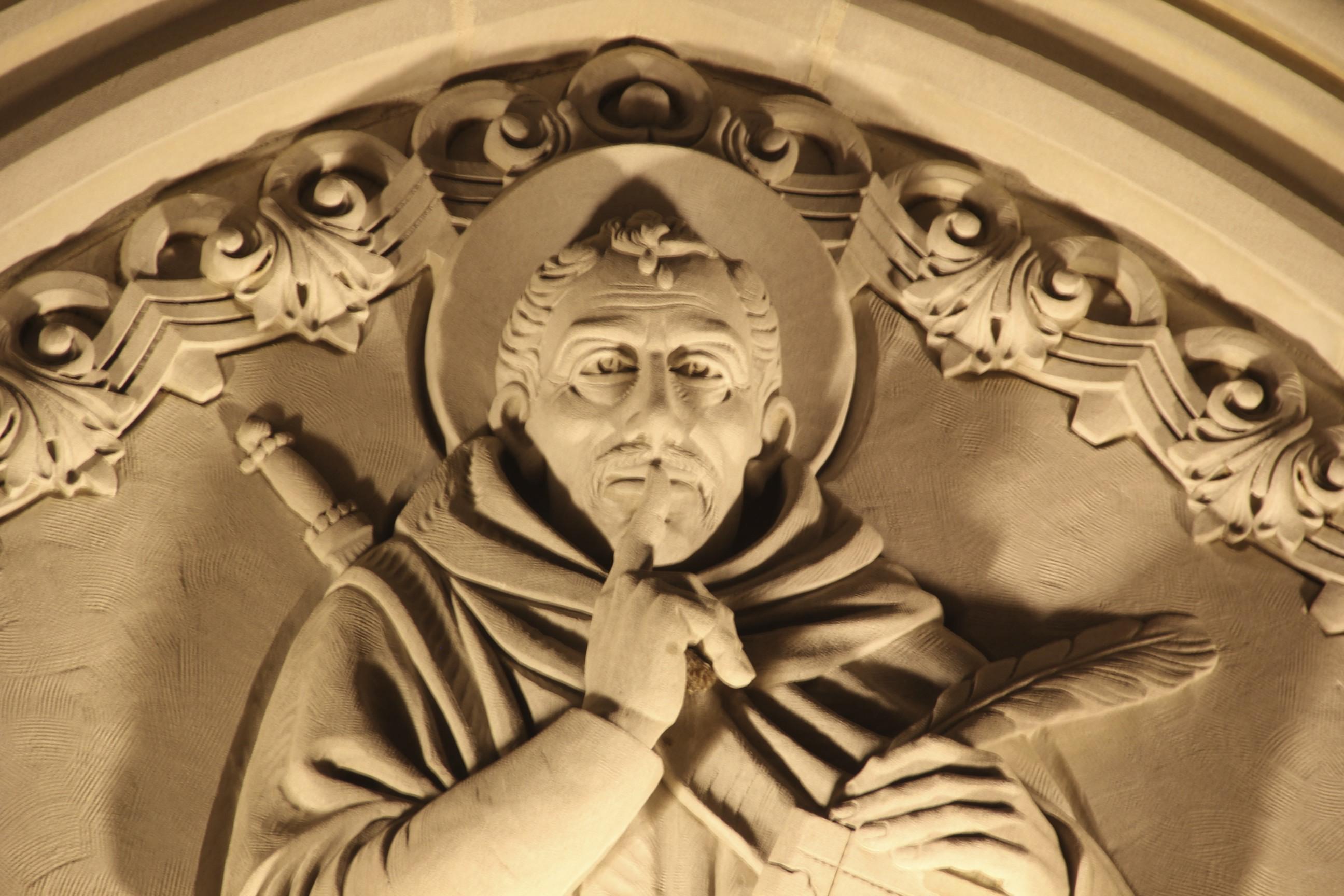Can I offer myself to God solely based upon pure intent, simple and humble in nature, seeking no accolades or self-glorification on the deepest level. Unworthy servant I am, do I truly understand who I am and who God is? Forsaking self-promotion, abandoning faith focused upon personal elevation, I touch upon truth. Praying in a hidden alcove, loyal to the Church, collapsed upon the shoulders of saints, reposed within ritual and tradition, adoring the cross, resurrection, and Eucharist, the nature of grace reveals herself. A loving Mother hovering tenderly above dispenses abundantly.
Mary lived in obscurity most of her life. Her humility was so great that she desired to hide, not only from all other creatures, but even from herself, so that only God should know her. She asked Him to conceal her, and to make her poor and humble. God delighted to hide her; in her conception, in her birth, in her mysteries, in her resurrection and assumption. St Louis de Montfort ‘True Devotion to Mary’
Mary’s unknowing: “How shall this happen, since I do not know man?” Luke 1:34
So often God performs his greatest work in silence. Mary is alone. As the Holy Spirit comes upon her, and the power of the Most High covers her with its shadow (Luke 1:35-36), she conceives the Holy One to be called Son of God. The whole world was to be affected by this event which God worked in seclusion and silence. So, too, does His grace work in one’s soul. Mary’s was a secret joy until God willed to reveal it to others.
Mother Mary, pray for us that we may always allow God’s grace to work silently in our soul
During mass, am I consumed with adoration, gratification for the miracle of the Eucharist? Am I participating fully, or am I focused upon others, perhaps imagining others admiring, reducing the most sacred of time down to worldly imperfection? Does my mind wander, unfocused, consumed by fantasy, imagination running wild? Am I intellectualizing, perceiving myself an authority of the Church, judging the piety of others, reasoning, delusional in thought, seeing myself as a Bible scholar. Am I consumed with myself or have I stilled my mind? There before me, willing to be consumed, is the Presence. Opening heart and mind, the left hand unaware of the right, I must offer my brokenness to Christ, concentrating upon who Christ is? Who are you Lord? Lord who are you? Please, I beg Lord, let Yourself be known to me? I am quiet, stilled, empty, constantly engaged in the process of transforming myself into a vessel worthy of filling. I hear the Gospel–the Good News. I ingest the Host. I verbalize responses? I have prepared myself for mass through proper conduct, maintaining sanctifying grace, devoted to contemplation, cleansing psychologically, I wait upon You, my Lord. Lord, authentically, I approach. I am willing to acknowledge ignorance in order to know You better my Lord. Allow me to understand who you are. Lord I want to know You, to accept You in your fullness. Fill me Lord–my heart, soul, body and mind are Yours. All I am is Yours.
Oh Great and Glorious God, enlighten the darkness of my heart. Give me true faith, certain hope, and perfect charity. Grace me with understanding and knowledge so that I may carry out Thy commandments. The simple prayer offered by Saint Francis of Assisi before the cross of San Damiano. Christ responded.





Recent Comments